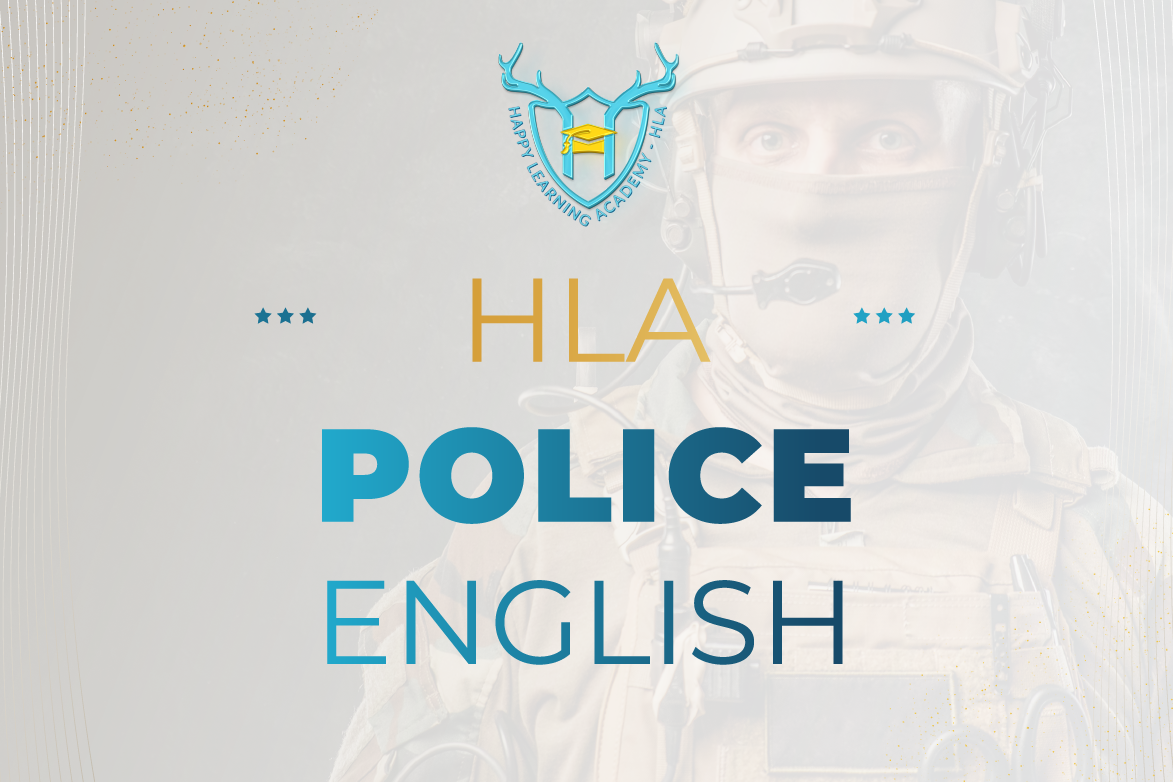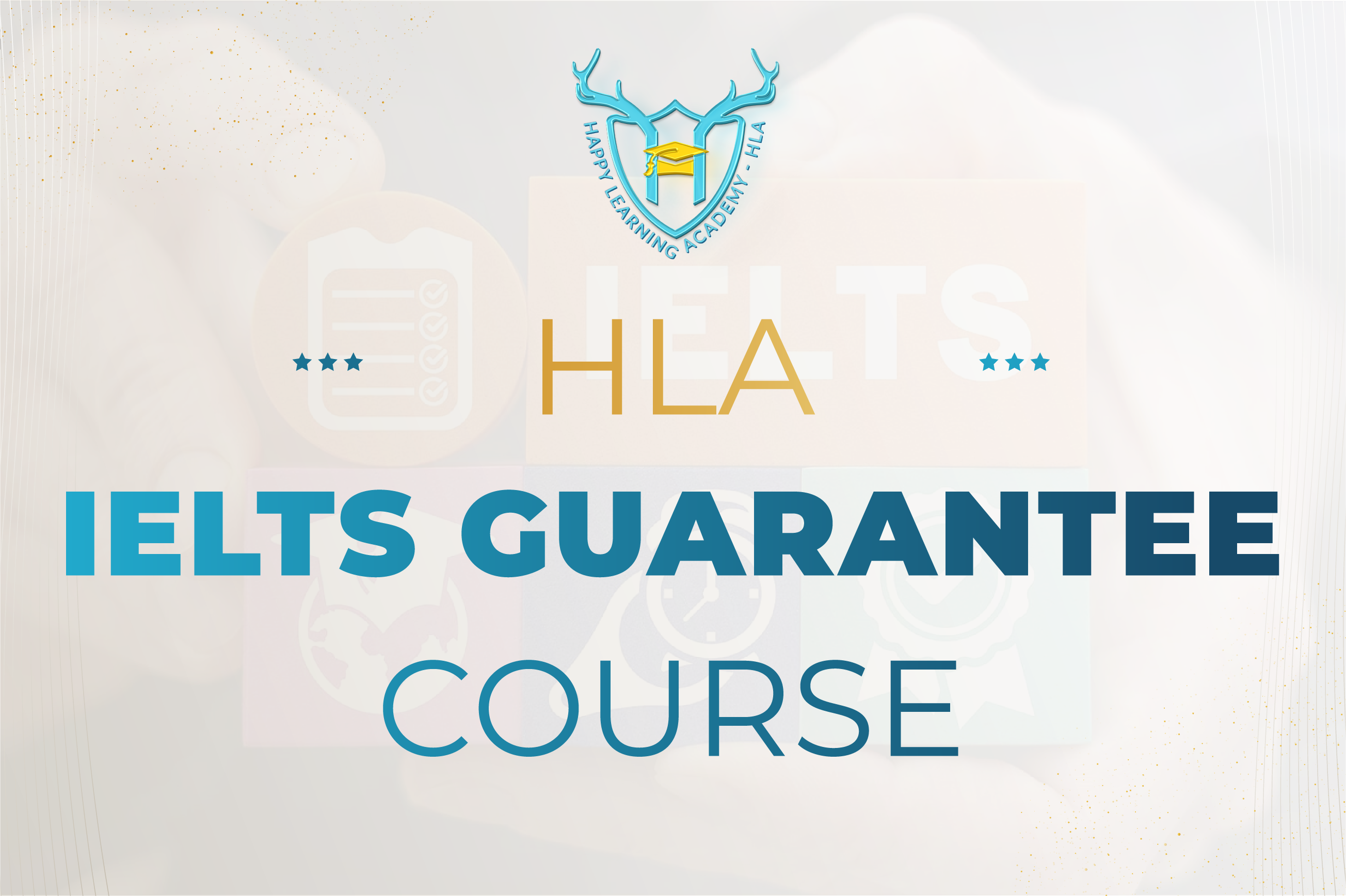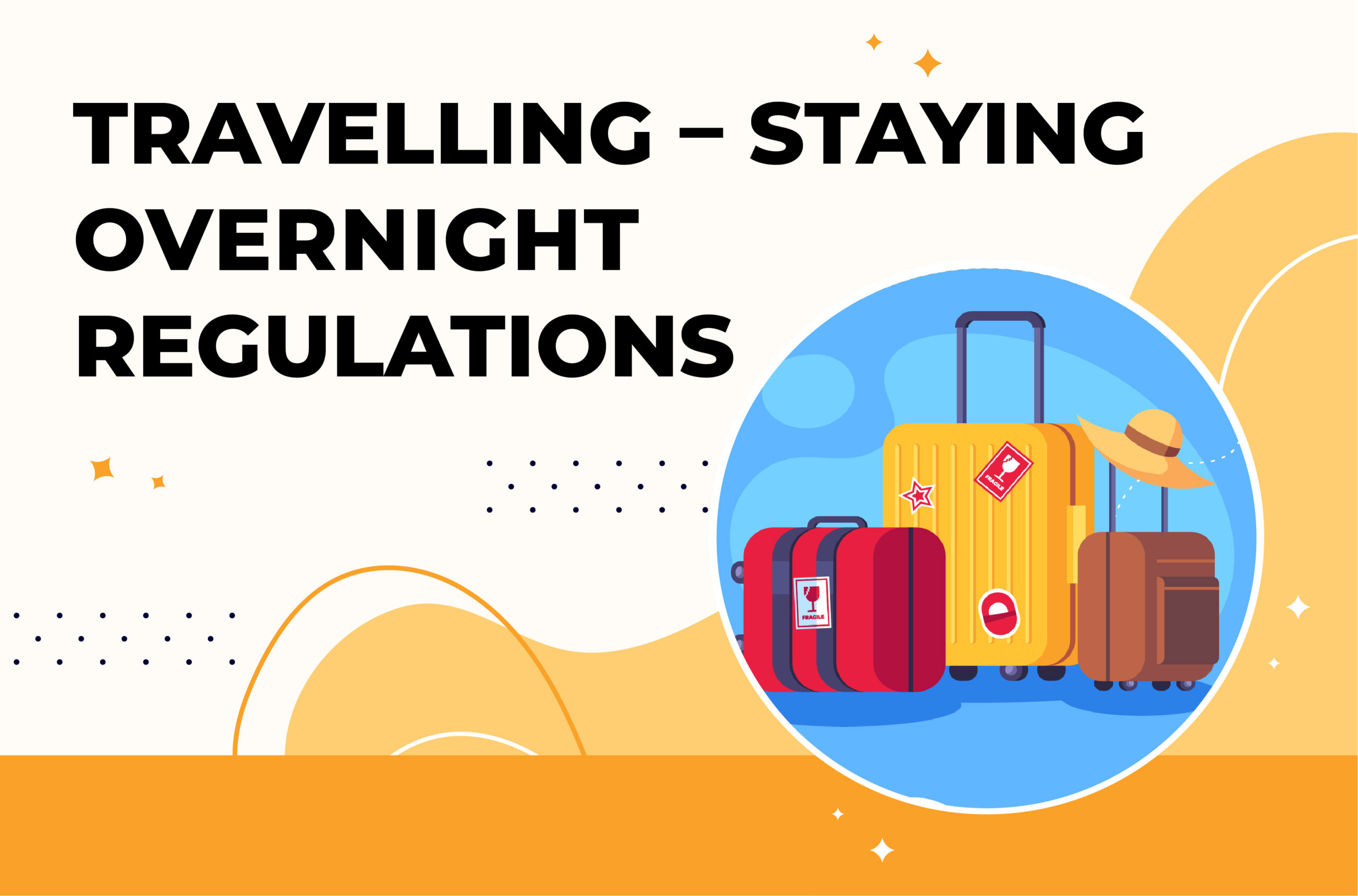
Police English
This Police English course is designed to equip law enforcement professionals with the linguistic tools necessary to navigate the complexities of their roles, ensuring effective communication in a variety of policing scenarios.
RECOMMENDED FOR:
– 4 weeks and up in-depth study program that enhances students’ language proficiency in English as a principal component for law enforcement professionals who want to enhance their English language proficiency to better communicate in various policing contexts. For better results, an 8-week course is highly recommended.
– Aspiring police and professional police for whom English is not their first language and who seek to improve their language skills to perform their law enforcement duties more effectively.
– Non-English speakers undergoing initial training or entering the law enforcement field who can benefit from foundational language skills tailored to the demands of policing.
WHY STUDY POLICE ENGLISH AT HLA?
- Studying Police English is crucial for law enforcement professionals to enhance their communication skills in the unique and dynamic contexts they encounter. HLA not only provides specialized vocabulary terminology for this course (Police English Vocabulary) that students need for communication but also tailors the student’s lessons that are essential for law enforcement professionals to excel in their roles, fostering better communication, understanding, and cooperation within their communities while upholding the highest standards of professionalism and legality
LEARNING GOALS:
- To develop clear and precise verbal and written communication skills essential for conveying information accurately in diverse policing scenarios.
- To equip detectives and investigators with the language skills necessary for conducting interviews, interrogations, and documenting findings during criminal investigations.
- To promote positive interactions with the community by providing the tools to build trust, address concerns, and engage in community policing initiatives effectively.
Class structure per day: 4 one to one classes, 4 group classes and 1 self-study class (Essay Writing/ Music Class)
Course Highlights:
A. Career-focused
- Career English has its language, structure, and conventions. It is part technical, part academic, and part every day. It has a wide variety of slang, acronyms, and colloquialisms that those outside the profession find incomprehensible. So classes are designed to allow students to have an immersive educational experience that incorporates English into their chosen career studies.
B. Integrated Approach
- Learning all the major skills with different teachers who are highly trained and with in-depth knowledge of the curriculum.
C. Learner-Centered
- Classes are focused on developing students’ macro and micro skills plus the usage of English in a classroom setting.
- Teachers closely monitor students’ progress through feedback.
D. Outcome Based Education
- Focuses on students’ evaluation to monitor progress and feedback.
- Daily and weekly feedback from the teachers is done to inform students’ achievement and things that need improvements.
- Special recognition and awarding of certificates at the end of the course.
Course Requirement:
Classes are available for different levels from low beginner to proficient user.
HLA’s LEVEL
| HLA LEVEL | CEFR LEVEL | DESCRIPTION |
| 10 | C2 | Proficient |
| 9 | C1 | Advanced |
| 8 | B2+ | Upper Intermediate |
| 7 | B2 | Upper-Intermediate |
| 6 | B1+ | Intermediate |
| 5 | B1 | Intermediate |
| 4 | A2+ | Pre-Intermediate |
| 3 | A2 | Elementary |
| 2 | A1+ | Elementary |
| 1 | A1 | High Beginner |
| 0.5 | PA+ | Middle Beginner |
| 0 | PA | Low Beginner |
DAILY TIMETABLE
| TIME | TASK |
| 07:00-08:00 | Breakfast |
| 07:45-08:05 | Daily Vocabulary Test |
| 08:10-09:00 | 1st class |
| 09:05-09:55 | 2nd class |
| 10:05-10:55 | 3rd class |
| 11:00-11:50 | 4th class |
| 11:50-13:00 | Lunch |
| 13:00-13:50 | 5th class |
| 13:55-14:45 | 6th class |
| 14:50-15:40 | 7th class |
| 15:45-16:35 | 8th class |
| 16:40-17:30 | 9th class |
| 17:55-19:00 | Dinner |
Course Design:
| CLASS | CLASS TYPE | SUBJECT | DESCRIPTION |
| 1 | One to One (1:1) | Police Focus | This class provides an opportunity for students to put theoretical knowledge to practical use using the English language effectively. It will give students the language they need to work, study, and collaborate in an English-speaking environment. |
| 2 | Group class (GC) | General Skills | An integrated class (reading, writing, listening, and speaking) designed to provide students with opportunities to interact with other students, learn together, and value each differences and uniqueness. Moreover, students are taught everyday English expressions and proper usage of English as well as correct pronunciation through the assistance of our ever-dynamic and highly-trained teachers. |
| 3 | One to One (1:1) | Writing | This class aims to develop students’ writing ability. Effective writing skills in Police English are essential for law enforcement professionals to fulfill their responsibilities accurately, ethically, and professionally. Well-crafted written documents contribute to successful investigations, legal proceedings, and the overall communication effectiveness of law enforcement agencies. |
| 4 | Group class (GC) | Listening | This class enhances students’ communication and contributes to successful outcomes in investigations and operations such as radio communication, emergency response coordination, interrogations and interviews, and media briefings and public statements. Active and attentive listening contributes significantly to overall operational success and public safety. |
| 5 | One to One (1:1) | Reading | This class provides learners with authentic, varied texts and materials that reflect real-life communication situations to understand legal documents, analyze reports, and interpret policies and procedures. |
| 6 | Group Class (GC) | Pronunciation | This aims to help students how to properly enunciate the words and effectively communicate with other people regardless of the setting. |
| 7 | One to One (1:1) | Speaking | The class pertains to the ability of law enforcement professionals to communicate effectively through verbal interactions in various contexts within their roles. Clear and precise communication is crucial for maintaining public safety, conducting investigations, and building positive relationships with the community thus, this class will help improve their communication skills. |
| 8 | Group Class (GC) | Vocabulary | This class covers terminologies used in Police English and how to effectively use this vocabulary in the law enforcement field. |
| 9 | Self – Study Class | Essay Writing or Music Class | It offers sufficient time to complete tasks guided by a teacher to monitor student’s work and performance. Students can participate in music classes to learn more vocabulary and how to use words and relieve stress after class. |
Source: Happy Learning Academy – HLA





